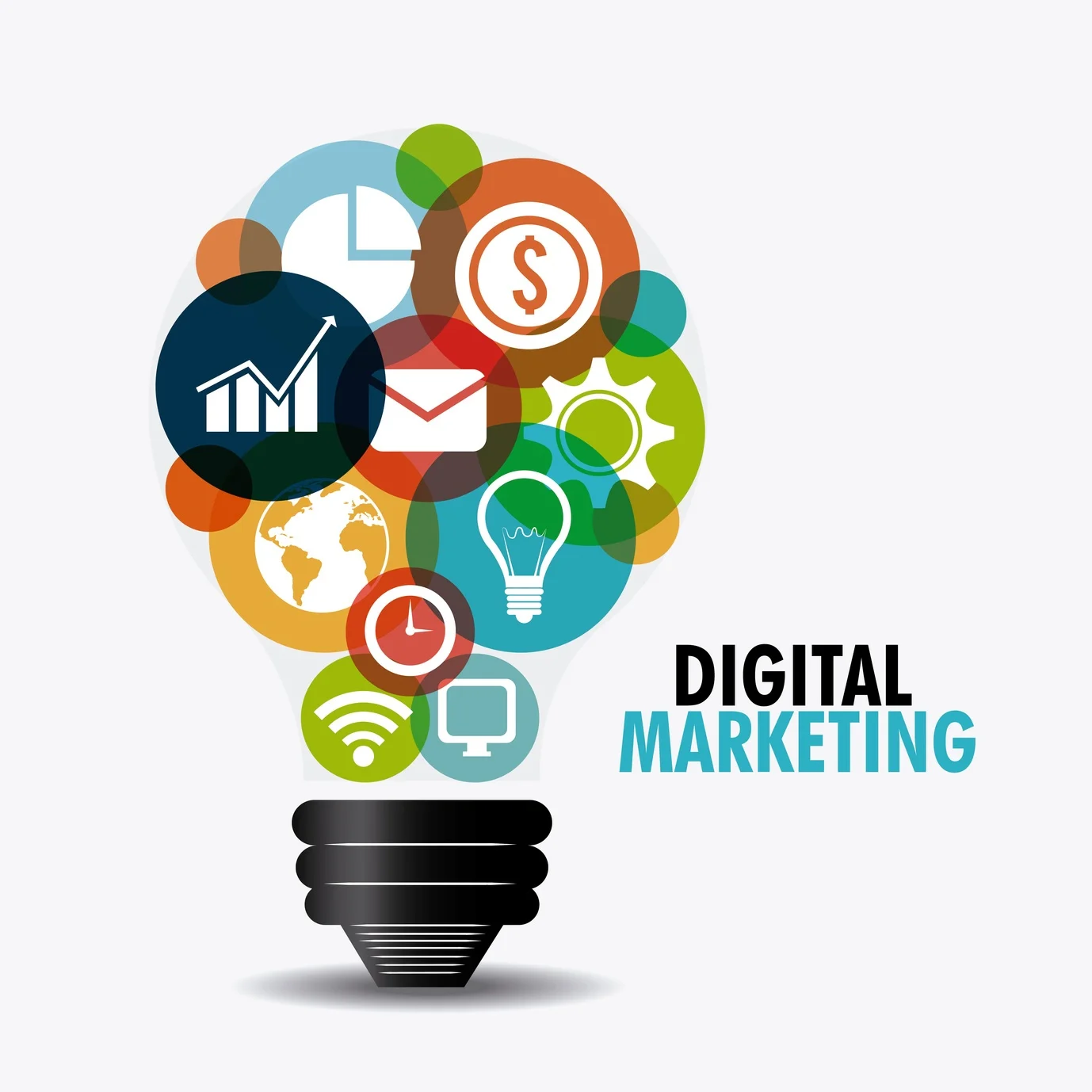Choosing between SEO (Search Engine Optimization) and PPC (Pay-Per-Click) is a common challenge for businesses looking to drive traffic and conversions. Both approaches have their strengths, and the best choice depends on your goals, budget, and timeline. Let’s dive into a comparison of SEO and PPC to help determine which might be best for your business.
SEO (Search Engine Optimization)
1. Long-Term Strategy:
SEO focuses on organically increasing a website’s visibility on search engine results pages (SERPs). It’s a long-term approach where optimization practices can take months to show significant results. However, once you achieve strong rankings, you can maintain visibility with regular content updates and minor tweaks.
2. Cost-Efficiency Over Time:
While there are initial costs involved (such as content creation, keyword research, and technical SEO), the investment pays off in the long term. Unlike PPC, you aren’t paying for each click, so the cost per lead tends to be lower once SEO gains momentum.
3. Credibility and Trust:
Many users tend to trust organic search results more than paid ads, viewing them as more credible. Appearing organically on the first page can enhance your brand’s credibility and build a loyal customer base.
4. Sustainability:
SEO, when done right, is sustainable. Rankings aren’t lost overnight; they require continuous optimization and quality content, but you don’t need to keep investing heavily once you’ve established a strong presence.
Cons of SEO:
- Results take time.
- Algorithm changes can impact rankings.
- Requires consistent effort and expertise in SEO techniques.
PPC (Pay-Per-Click Advertising)
1. Immediate Results:
PPC campaigns provide immediate visibility. When you launch an ad, your website appears at the top of the search results almost instantly, giving you the ability to generate traffic quickly. This can be invaluable for time-sensitive campaigns, such as product launches or special promotions.
2. Precise Targeting:
PPC allows you to target specific demographics, locations, and even particular times of day to reach your desired audience. Platforms like Google Ads offer detailed targeting options, enabling you to reach users actively searching for products or services similar to yours.
3. Budget Control:
With PPC, you have control over how much you spend daily or monthly. You can adjust budgets based on performance, and you’re only charged when someone clicks your ad. Additionally, you can calculate ROI more precisely since PPC provides detailed metrics on clicks, conversions, and cost per lead.
4. Enhanced Testing Capabilities:
PPC offers A/B testing opportunities, enabling you to test ad copy, keywords, and landing pages. With real-time feedback, you can optimize campaigns to achieve the best results and refine your approach based on audience preferences.
Cons of PPC:
- Can be costly, especially in competitive industries.
- Visibility ends when your budget is depleted.
- Requires continuous monitoring to avoid overspending.
SEO vs. PPC: Which is Best?
1. Budget Considerations:
If you have a limited budget, SEO might be the better option for long-term results. PPC, however, is a good choice if you have funds to allocate to paid advertising and need quick returns, like for a seasonal promotion.
2. Timeline for Results:
For immediate visibility and fast results, PPC is ideal. SEO requires a longer time investment, so it’s better suited for businesses focusing on long-term growth rather than instant traffic boosts.
3. Goals and Objectives:
- If your goal is to build credibility and establish a sustainable, organic presence, SEO is likely the best fit.
- If you want to drive traffic to a specific event, sale, or promotion and need instant results, PPC might be a better investment.
4. Industry Competition:
In highly competitive industries, the costs of PPC can be high due to competitive bidding on keywords. In such cases, a strong SEO strategy can be more cost-effective over time, especially if you can achieve a high organic ranking for competitive terms.
5. Combined Strategy:
For many businesses, a hybrid approach works best. Use PPC to drive immediate traffic and conversions, particularly at the beginning, and invest in SEO for longer-term gains. For example, you could use PPC to support SEO efforts by targeting high-value keywords that are difficult to rank for initially.
Conclusion
Ultimately, the decision between SEO and PPC depends on your business needs, resources, and goals. If you need quick results, PPC offers immediate visibility and is ideal for short-term goals or time-sensitive offers. For a more sustainable approach and to build credibility, SEO is the better option, especially if you’re willing to invest the time in building your organic search presence.
Many successful businesses balance both, leveraging PPC for immediate results and SEO to create a stable, long-term digital presence. The key is to understand your audience and continuously assess which strategy drives the best results for your business.
